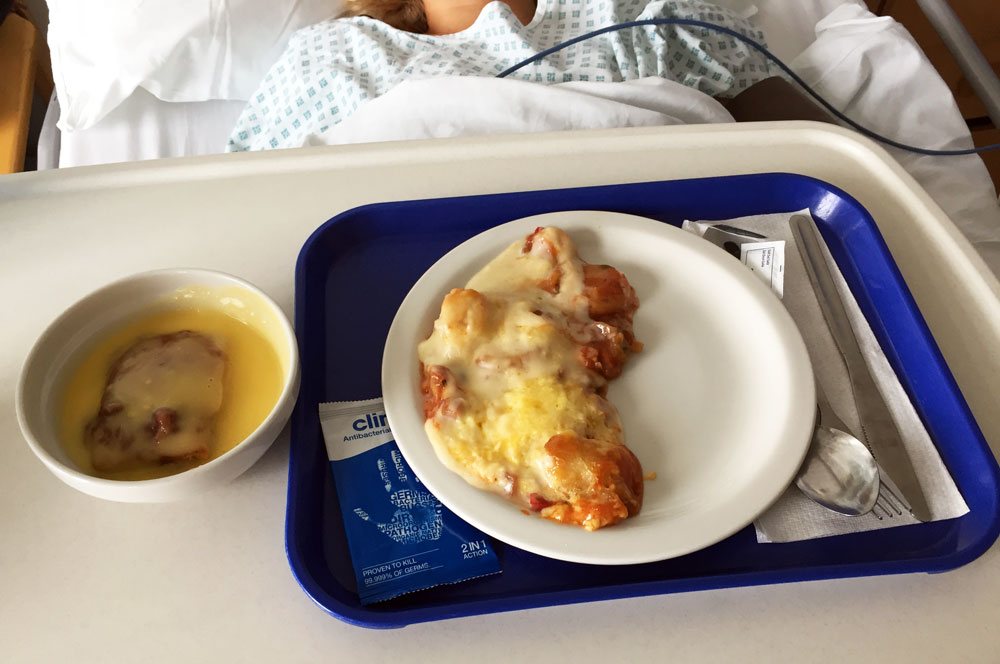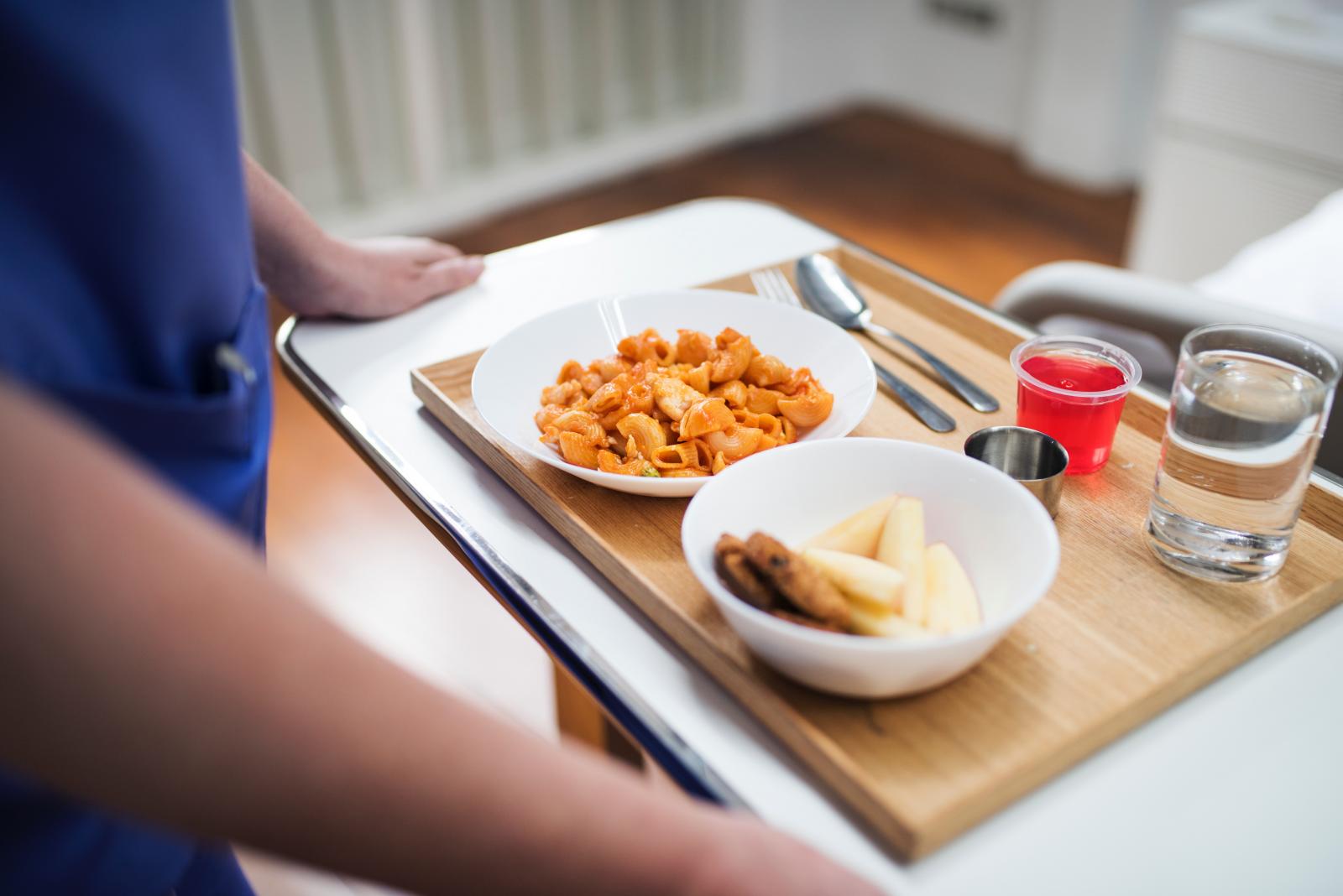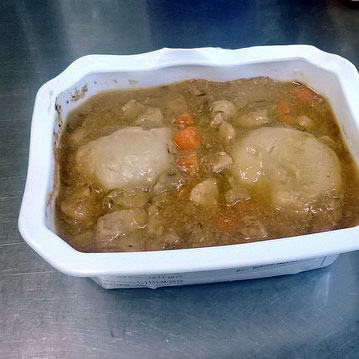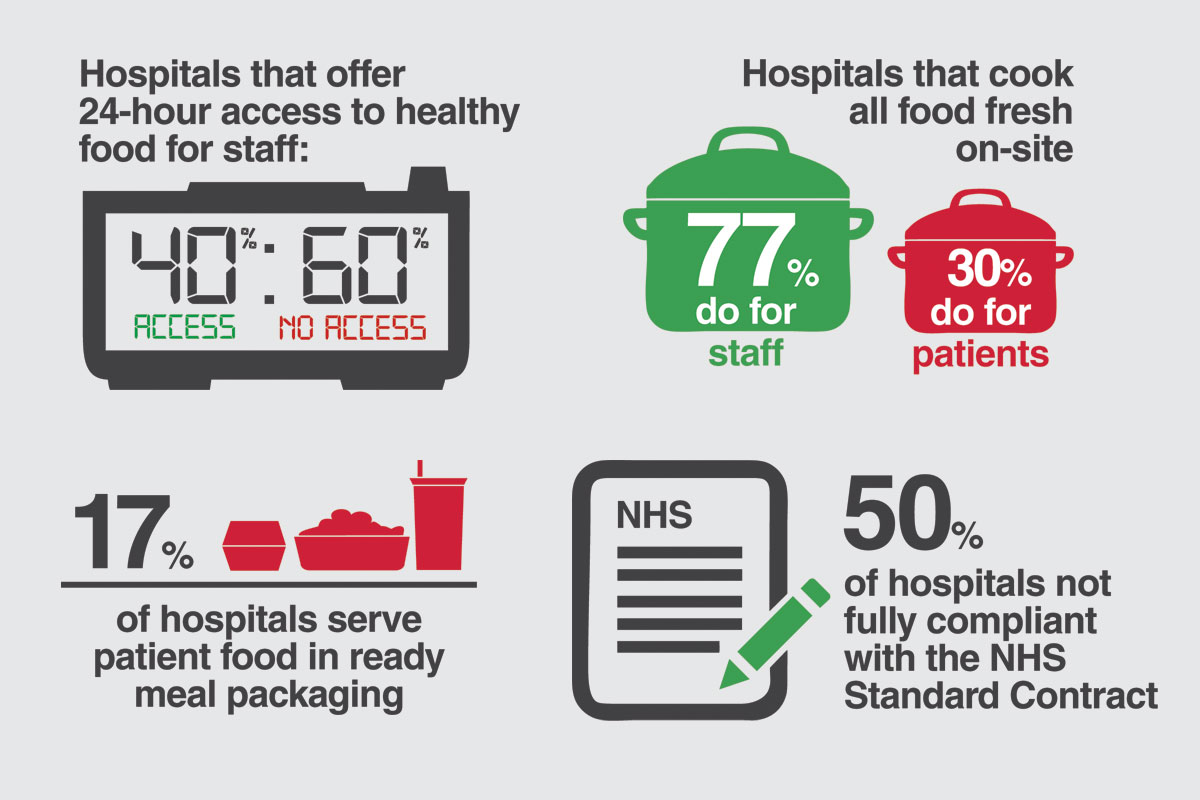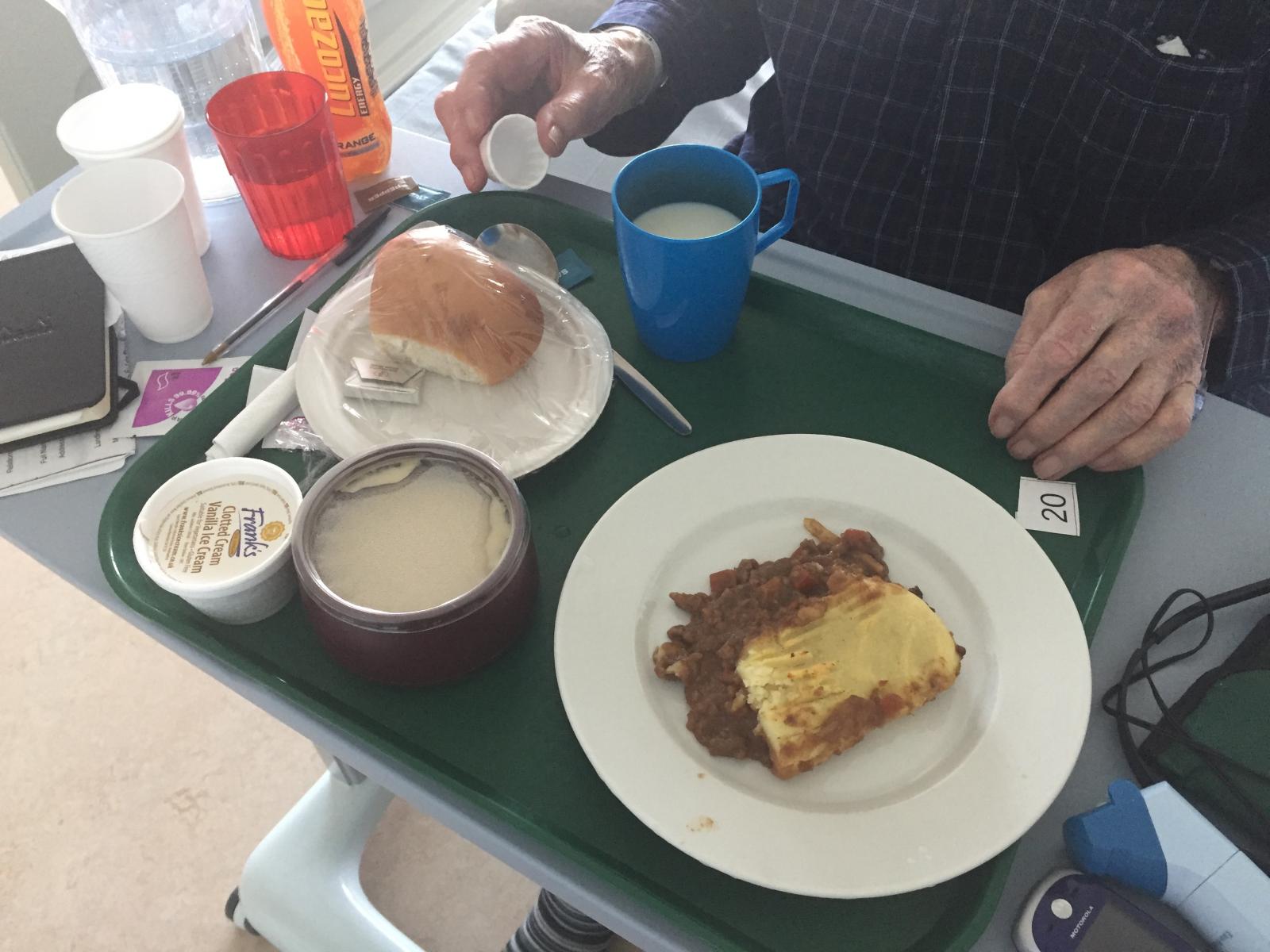Hospital food: what's the prognosis?
Contrary to popular opinion, the standards for hospital food in England aren't bad. It's worse than that. They are non-existent. In schools and prisons, the lunches may not always be delicious, but they do need to meet certain basic nutritional requirements. Yet in hospitals – places where, in theory, we go to get well – meals are still not governed by legal standards. A study found that three out of five hospital meals surveyed contained more salt than a Big Mac.
Hospital food has been a scandal for way too long. Successive governments have spent more than £50 million on voluntary initiatives, yet the general quality is still so bad that 67 per cent of hospital staff say they wouldn't eat the food. A friend's daughter relied on provisions from home during a week on a children's ward because she couldn't face the meals. For those without friends to bring them food, malnourishment is a serious risk. Apart from anything, it's a terrible waste. About 82,000 meals are thrown away untouched every day.
In November, Lady Cumberlege, a Tory peer, introduced a Hospital Food Bill in the House of Lords to set minimum standards for all patient meals. That would be a start. Standards are already in place in Scotland and Wales, but England lags behind.
The real issue, though, is that our health service has largely lost any sense that food is medicine. Alex Jackson, who co-ordinates the Campaign for Better Hospital Food, says that many NHS trusts see food as a "necessary evil" to be slotted into the patient's day, rather than part of the "overall care package". Jackson says that "it's very common" for patients with specific dietary needs – whether coeliacs or diabetics – to be given "inappropriate foods". Meanwhile, vast sums are spent on nutritional supplements (more than £300 million in 2012), many of which could be avoided if patients were fed properly. I recently met a man who works in pharmaceuticals. He told me that, in many cases, bedsores – which add to the discomfort of a long hospital stay and can kill – could be prevented if patients had enough protein in their diets.
Aseem Malhotra, a cardiologist at Croydon University Hospital, sees hospital food as a "toxic environment". It pains him to treat people for diseases that often have "diet-related causes" and to see them eating food that will make them worse. Doctors, he suggests, have been "guilty of not emphasising diet enough". He has seen how switching to a diet rich in oily fish, nuts and vegetables can improve the health of cardiac patients "within months".
10 January 2014
Daily Telegraph
Published Friday 10 January 2014
Better Hospital Food: The campaign represents a coalition of organisations calling on the Westminster government to introduce mandatory nutritional, environmental and ethical standards for food served to patients in NHS hospitals in England.
